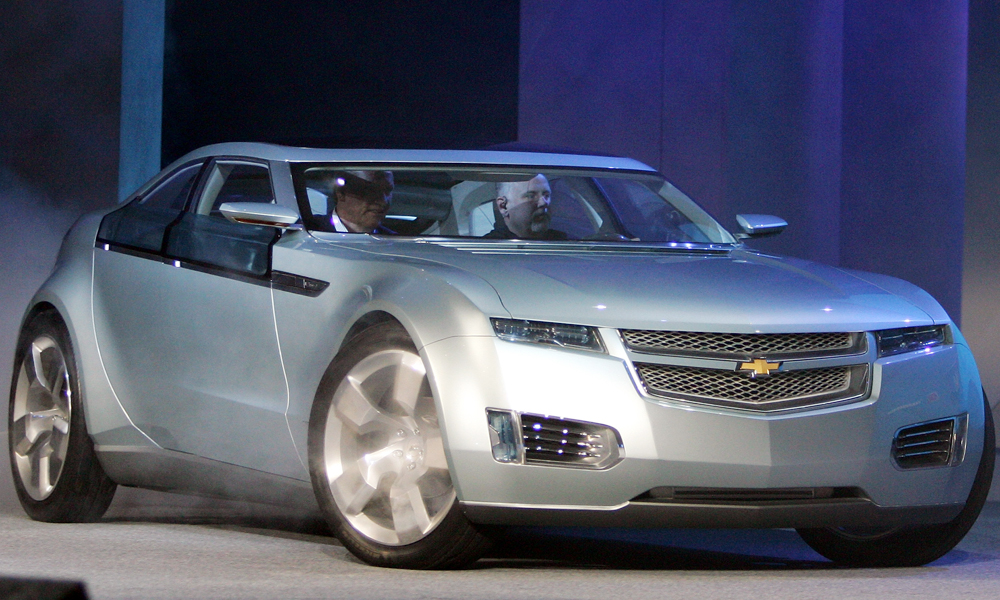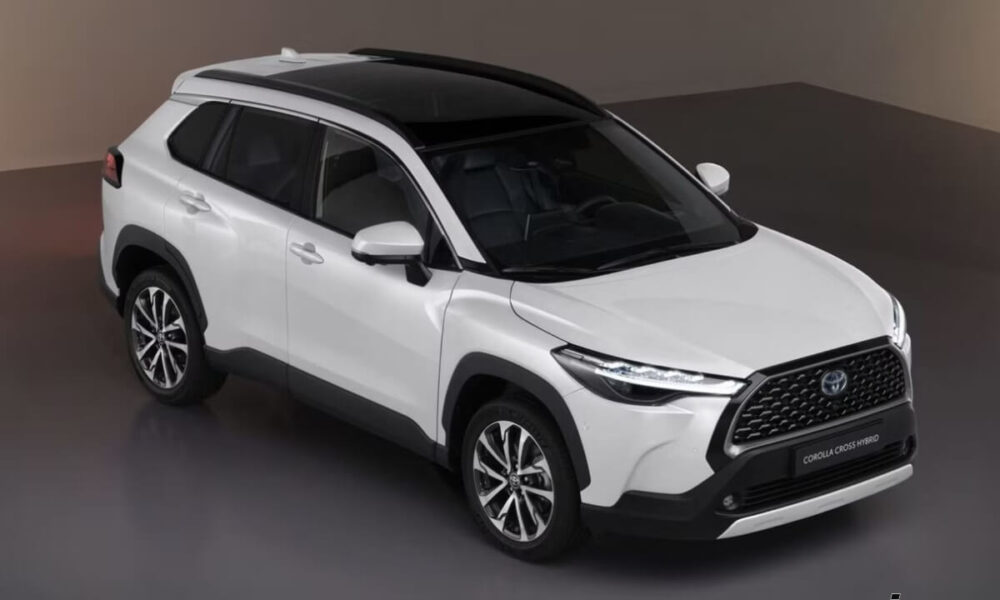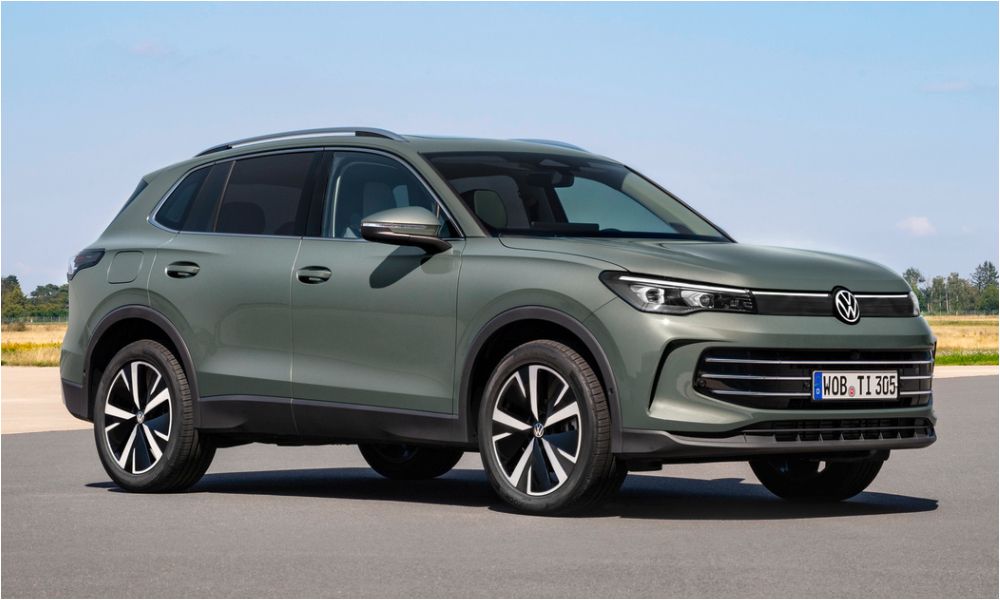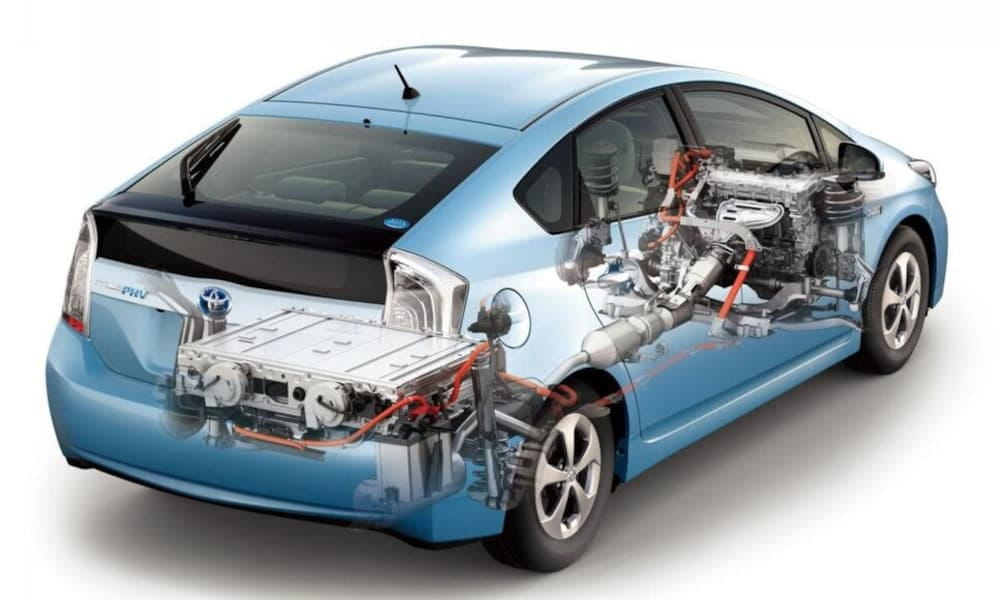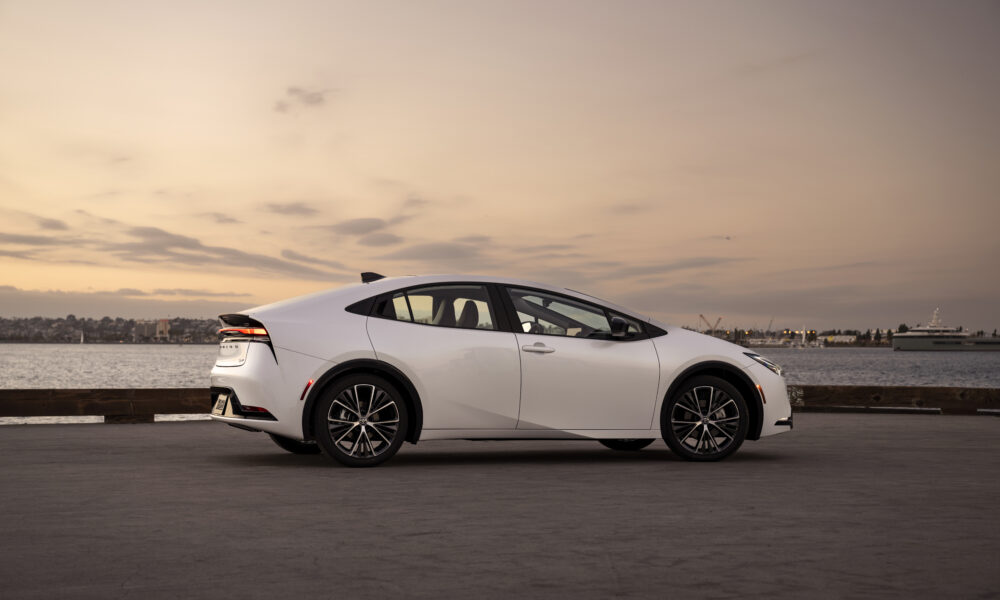As the automotive industry continues its shift towards greener technologies, hybrid vehicles have become an attractive option for many drivers in 2024. Offering a balance between traditional gasoline engines and electric power, hybrids provide a middle ground for those not yet ready to go fully electric. However, like any major purchase, hybrid vehicles come with their own set of pros and cons. Understanding these can help you make an informed decision when choosing your next vehicle.
Pros of Driving a Hybrid Vehicle in 2024
Hybrid cars have evolved significantly over the past few years, and 2024 sees the technology at its peak. Let’s dive into the key advantages of choosing a hybrid vehicle this year.
Fuel Efficiency and Cost Savings
One of the most significant benefits of hybrid vehicles is their improved fuel efficiency compared to traditional gas-powered cars. By combining a gasoline engine with an electric motor, hybrids are able to reduce fuel consumption, making them an attractive option for those looking to save money at the pump.
- Fuel savings: The electric motor in a hybrid takes over during low-speed driving, reducing the need for gasoline and increasing miles per gallon (MPG).
- Lower emissions: With fewer emissions than a traditional internal combustion engine, hybrids help to minimize the environmental impact of driving.
Environmental Benefits
Hybrid vehicles offer a way for drivers to reduce their carbon footprint without fully transitioning to electric cars. In 2024, environmental concerns continue to drive the demand for more eco-friendly transportation options, and hybrids remain a popular choice for their balance of efficiency and reduced emissions.
- Reduced greenhouse gas emissions: Hybrids emit fewer pollutants than gasoline-only cars, helping to combat air pollution.
- Energy recovery: Many hybrids use regenerative braking, which captures energy lost during braking and stores it for later use, further enhancing efficiency.
Smoother Driving Experience
Thanks to their electric motors, hybrid vehicles generally offer a smoother and quieter driving experience. This is especially noticeable in city traffic or during stop-and-go driving, where the electric motor can take over and reduce noise and vibrations.
- Quieter rides: Hybrid vehicles are known for their low engine noise, especially when operating in electric mode.
- Instant torque: The electric motor in hybrids provides instant torque, resulting in quicker acceleration from a stop.
Tax Incentives and Rebates
Governments around the world are encouraging the use of eco-friendly vehicles, including hybrids, by offering tax incentives and rebates. These incentives can help offset the higher initial purchase cost of a hybrid car, making them more affordable for buyers.
- Federal and state rebates: Depending on where you live, you may be eligible for tax credits or rebates when purchasing a hybrid vehicle.
- Lower taxes: Many regions offer reduced vehicle registration fees or exemptions from certain taxes for hybrid car owners.
Cons of Driving a Hybrid Vehicle in 2024
While hybrid vehicles have many benefits, they aren’t without their downsides. Before committing to a hybrid car, it’s important to consider some potential disadvantages.
Higher Upfront Costs
One of the most significant drawbacks of hybrid vehicles is their higher purchase price compared to traditional gasoline-powered cars. The technology required for the electric motor and battery pack can increase the overall cost, which may deter budget-conscious buyers.
- Initial investment: Although long-term savings in fuel and tax incentives may offset the initial cost, the upfront price of hybrids remains higher than conventional cars.
- Battery replacement costs: Hybrid batteries typically last between 8-10 years, but replacing them can be expensive, potentially offsetting the cost savings on fuel.
Limited Electric Range
While hybrid vehicles do offer an electric driving mode, the range is generally limited compared to fully electric vehicles (EVs). Most hybrids can only travel short distances on electric power alone before the gasoline engine kicks in.
- Short electric range: Hybrids typically offer 20-50 miles of electric range, depending on the model. For longer trips, you’ll still rely on gasoline.
- Charging infrastructure: Although hybrids don’t require as much charging as EVs, plug-in hybrids do benefit from a charging station. Access to charging infrastructure might be limited, depending on where you live.
Maintenance and Repair Costs
Hybrid vehicles have complex powertrains, combining both an internal combustion engine and an electric motor. This can lead to higher maintenance and repair costs over time, particularly if issues arise with the battery or electrical components.
- Specialized repairs: Not all mechanics are equipped to handle hybrid-specific repairs, and specialized maintenance can be more expensive.
- Battery degradation: Over time, hybrid batteries can lose their efficiency, leading to reduced performance and requiring costly replacements.
Performance Trade-Offs
While hybrids are known for their efficiency, they may not offer the same level of performance as traditional gasoline vehicles or fully electric cars. This can be a drawback for drivers who prioritize speed and power over fuel savings.
- Lower horsepower: Many hybrid vehicles sacrifice horsepower for efficiency, which may result in slower acceleration and less power on highways.
- Towing capacity: Hybrid cars, especially smaller models, may have reduced towing capacities, which could be a disadvantage for those who need a vehicle for heavy hauling.
Conclusion
In 2024, hybrid vehicles continue to offer a compelling alternative for drivers looking to reduce fuel costs and minimize their environmental impact without committing fully to electric vehicles. While they come with advantages such as fuel efficiency, lower emissions, and tax incentives, potential downsides like higher upfront costs and maintenance complexities should be considered. By weighing the pros and cons, you can determine whether a hybrid vehicle is the right choice for your lifestyle and driving needs.

